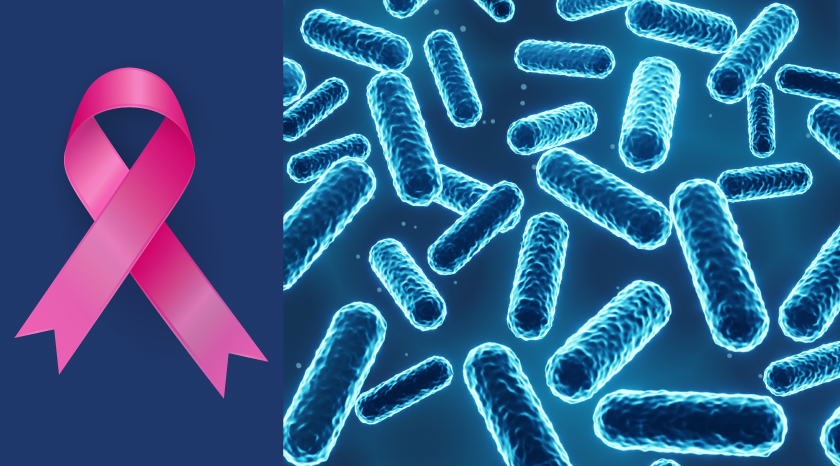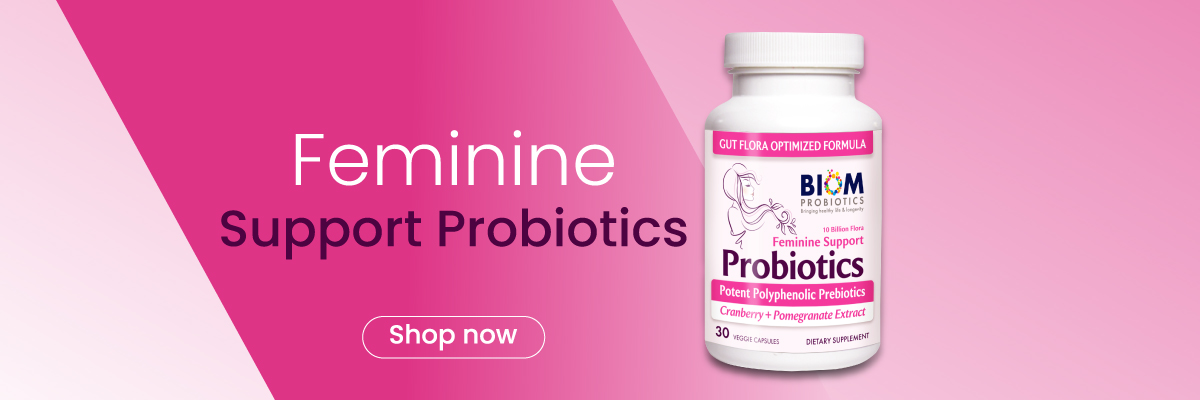Breast Cancer Awareness Month provides us with an opportunity to delve deeper into the intricate factors that contribute to breast cancer risk. Among these factors, the role of hormones, particularly estrogen, is crucial. Some forms of breast cancer are hormone-receptor-positive, meaning they depend on hormones to grow. Recent research has opened up an intriguing avenue of exploration: the potential influence of probiotics on hormone metabolism and its implications for reducing the risk of hormone-related breast cancer.
Understanding Hormone-Receptor-Positive Breast Cancer
Hormone-receptor-positive breast cancers make up a significant portion of diagnosed cases. These cancers are characterized by the presence of hormone receptors on the surface of cancer cells, such as estrogen receptors (ER+) and progesterone receptors (PR+). When hormones like estrogen bind to these receptors, they signal the cancer cells to divide and grow.
The Hormone Connection
The link between hormones and breast cancer is a well-established one. Higher lifetime exposure to estrogen, whether through early menstruation, late menopause, or hormone replacement therapy, has been associated with an increased risk of hormone-receptor-positive breast cancer. This knowledge has prompted researchers to explore strategies for reducing estrogen exposure or mitigating its effects.
Probiotics and Hormone Metabolism
Emerging research suggests that the gut microbiota, home to trillions of microorganisms, may play a role in hormone metabolism. Specific probiotic strains have been found to influence how the body processes hormones, including estrogen. By modulating hormone metabolism, these probiotics may help maintain a healthier hormonal balance.
Breast Cancer Awareness: Empowering Choices
While we’re still in the early stages of understanding the intricate interplay between probiotics, hormone metabolism, and breast cancer risk, the findings are promising. Prioritizing gut health through probiotic-rich foods and supplements may contribute to a more balanced hormonal environment.
Breast Cancer Awareness: A Call to Action
During Breast Cancer Awareness Month, let’s renew our commitment to early detection through regular screenings and self-examinations. However, let’s also recognize the potential of lifestyle choices, such as a probiotic-rich diet, in reducing breast cancer risk.
Supporting the Cause
Breast cancer affects millions of lives globally. By spreading awareness, supporting breast cancer research, and adopting a healthy lifestyle, we can collectively work towards a future where hormone-receptor-positive breast cancer becomes less prevalent.
In the journey to reduce breast cancer risk, knowledge is our greatest ally. Together, we can make a difference.
If you or someone you know is affected by breast cancer, please seek support from reputable organizations and healthcare professionals.





